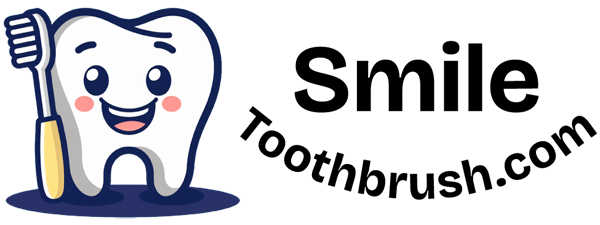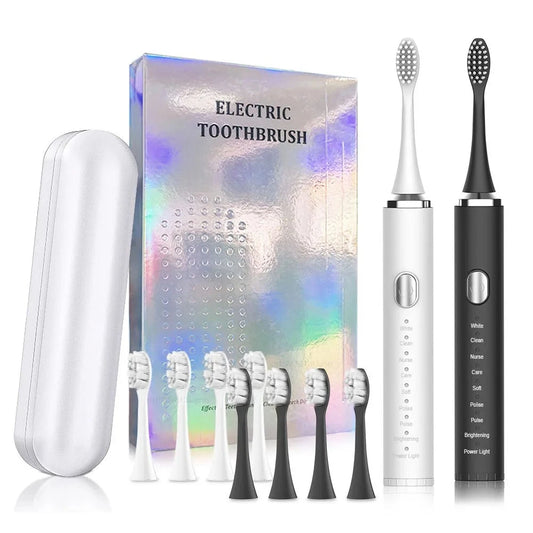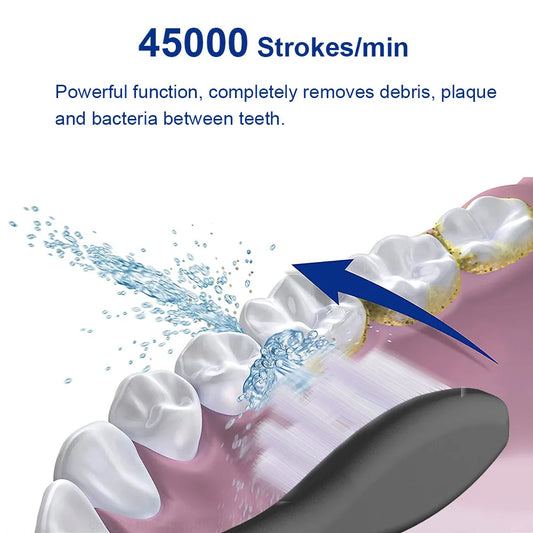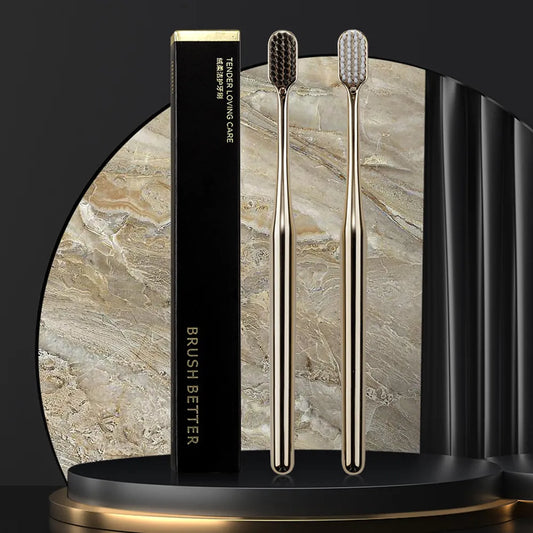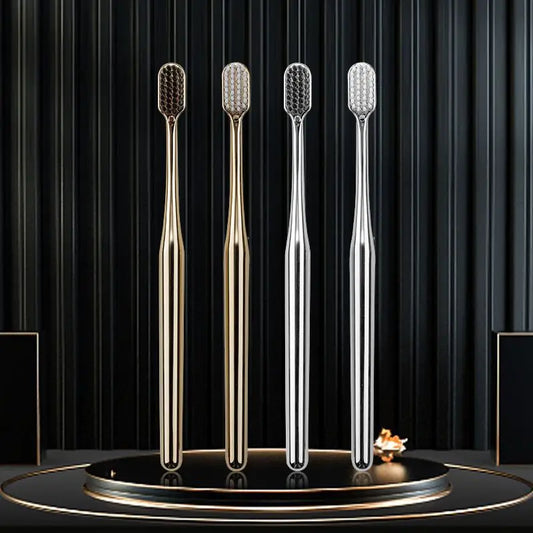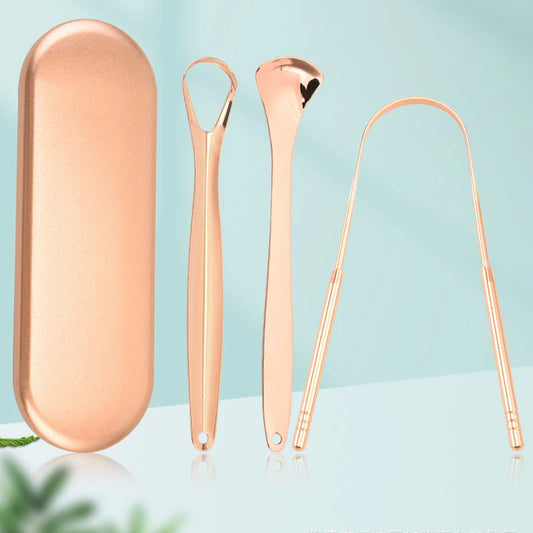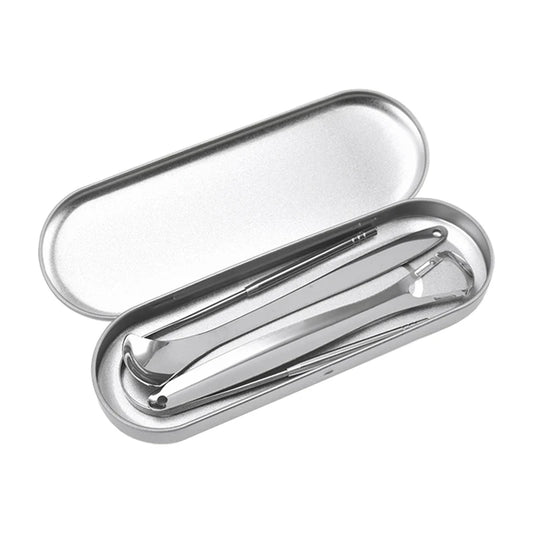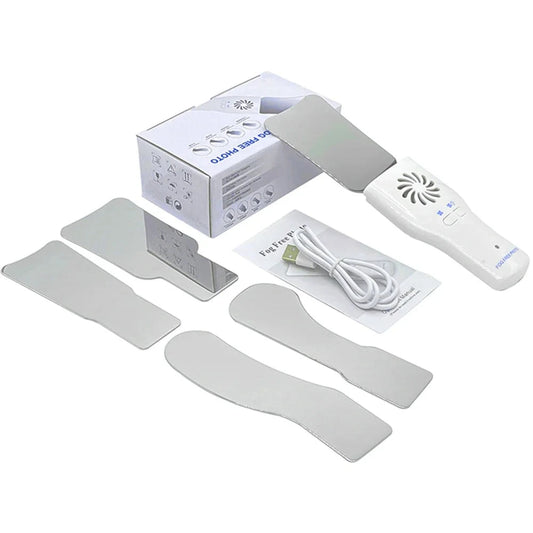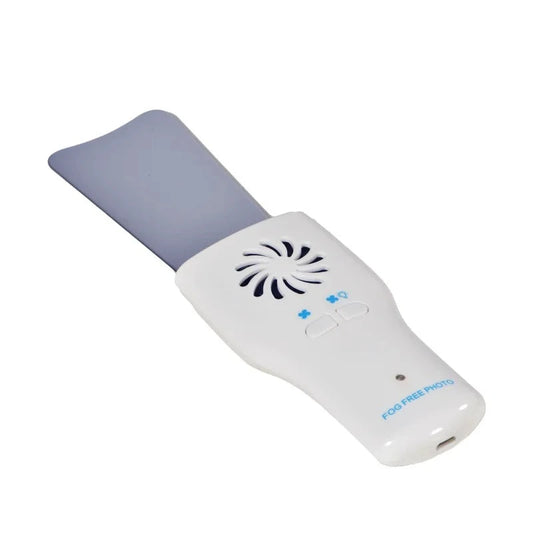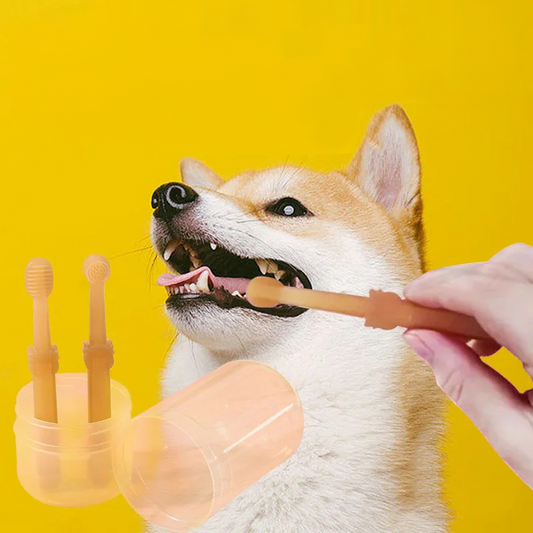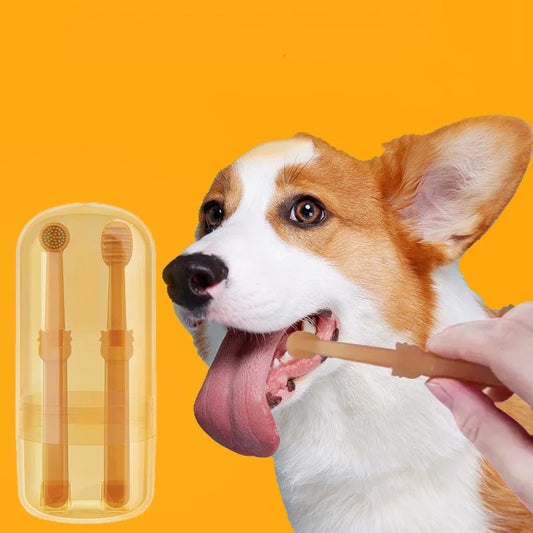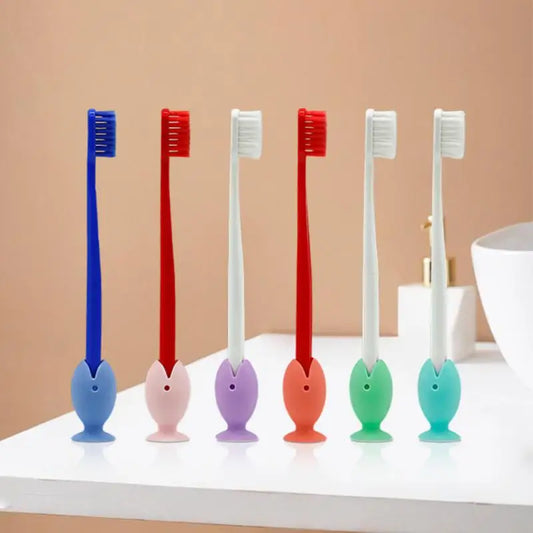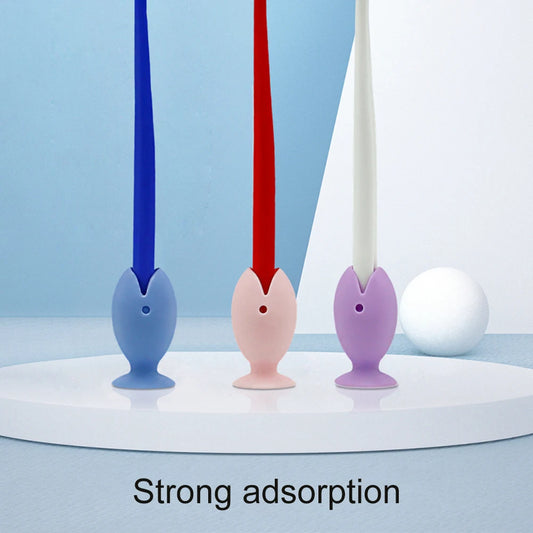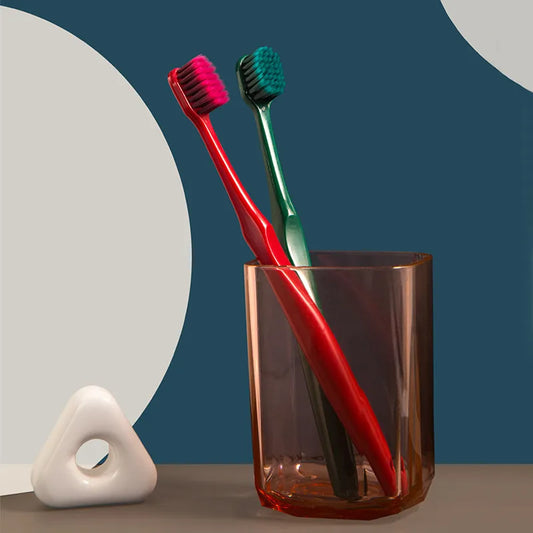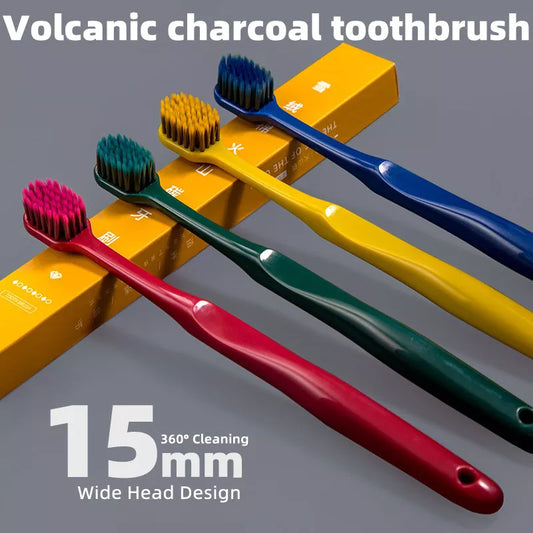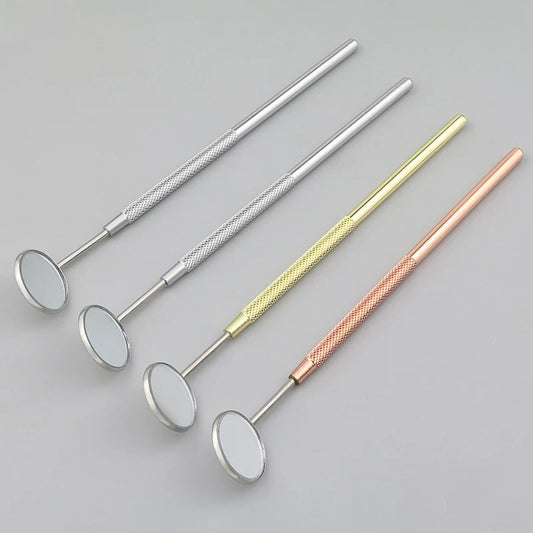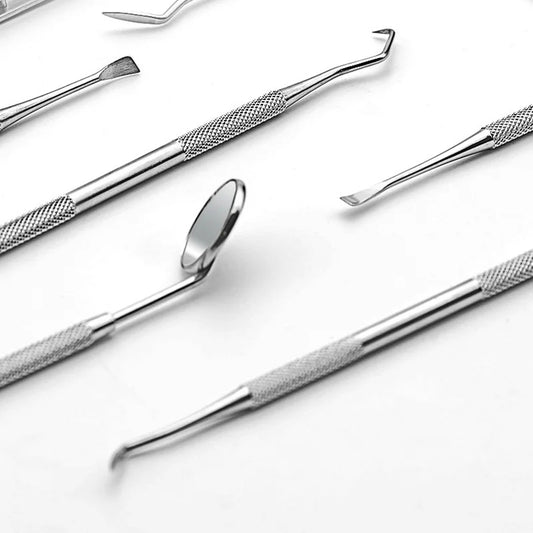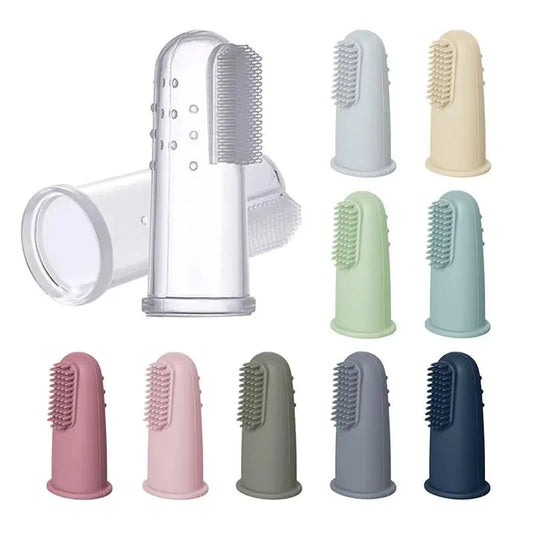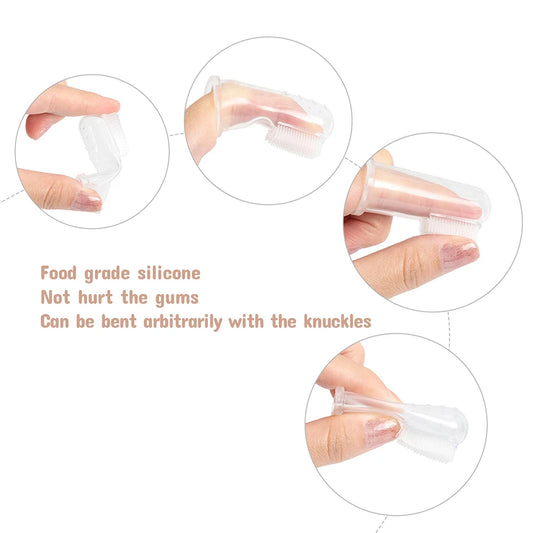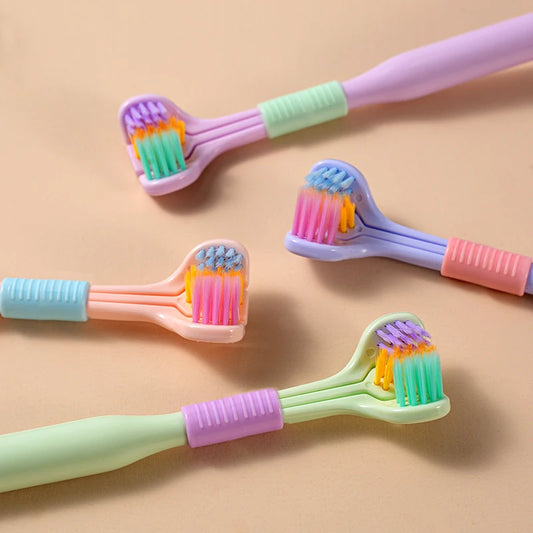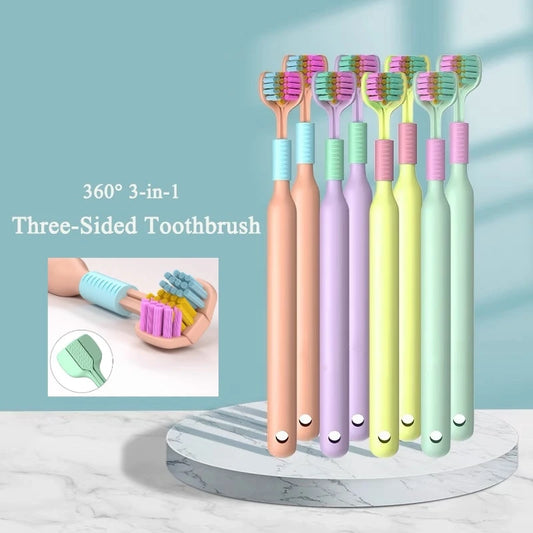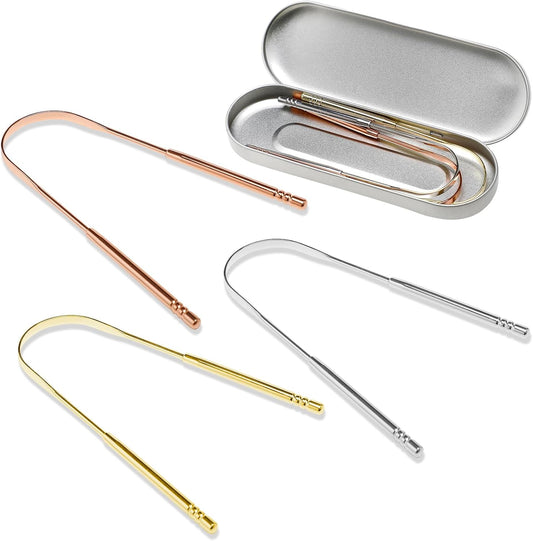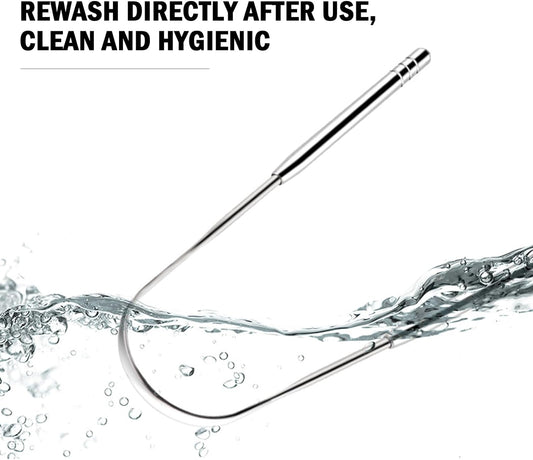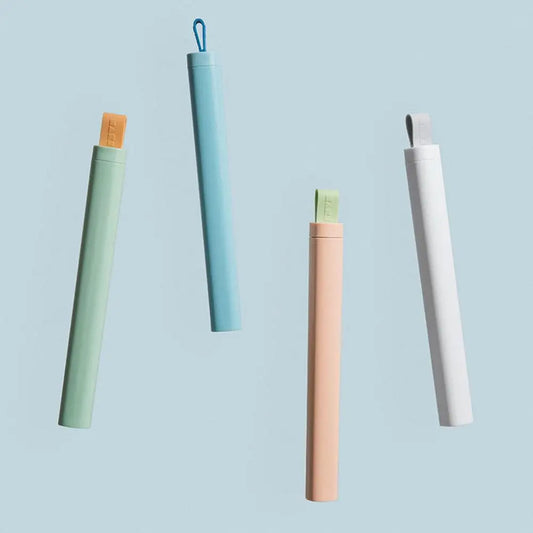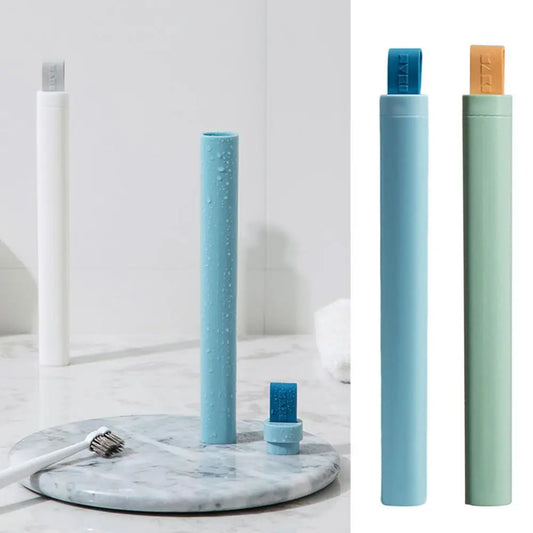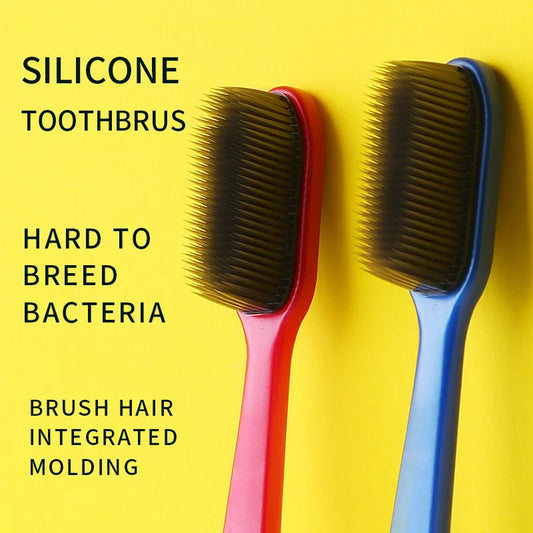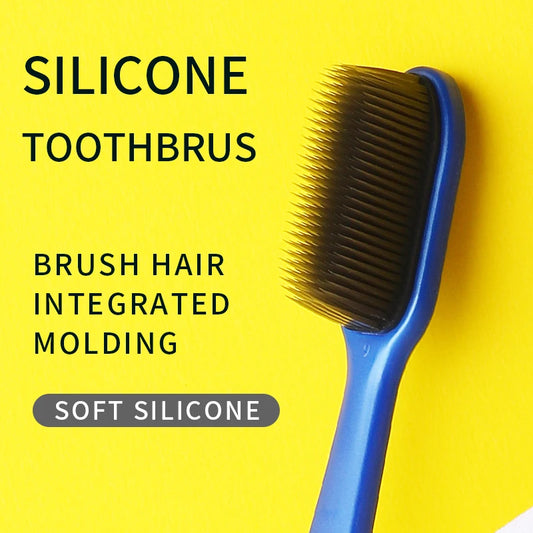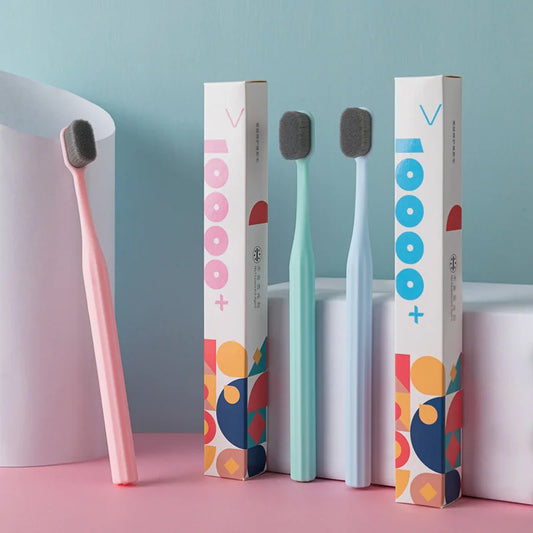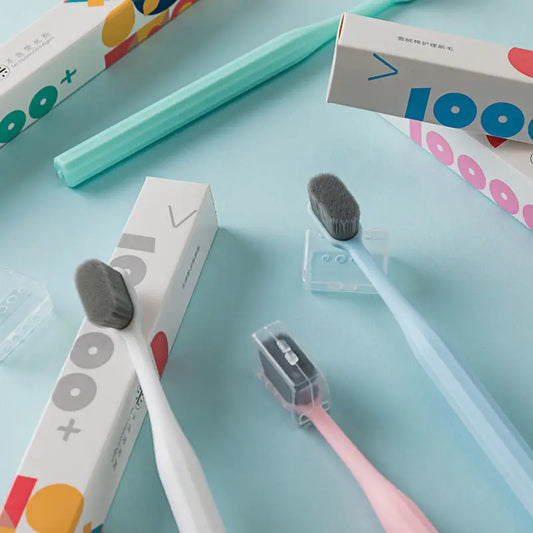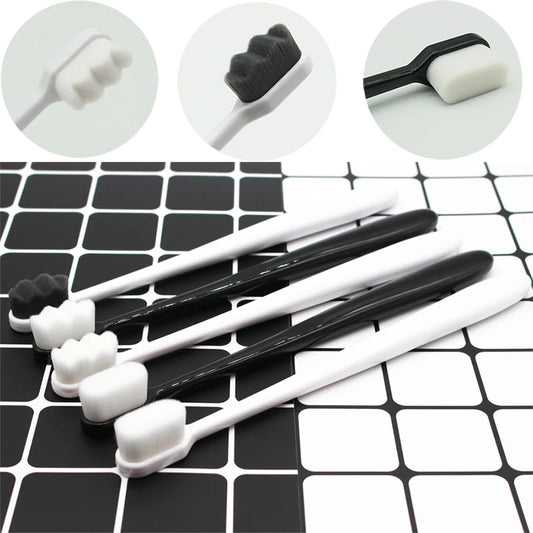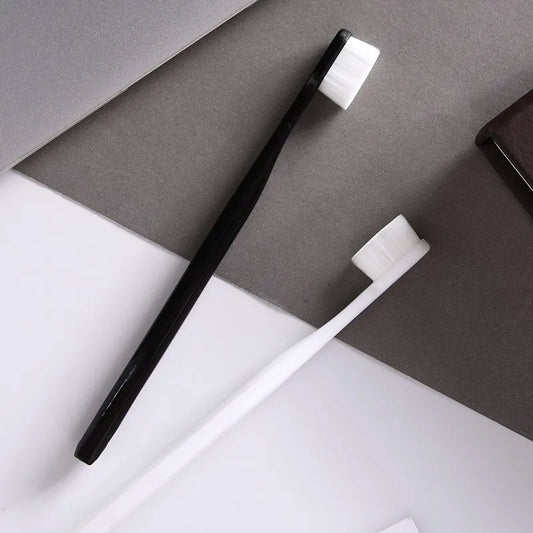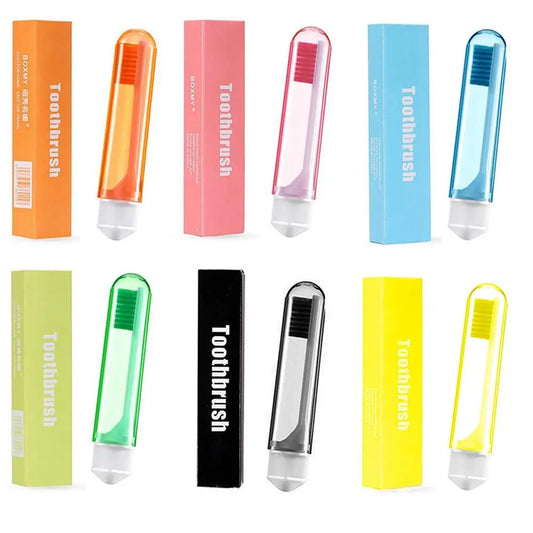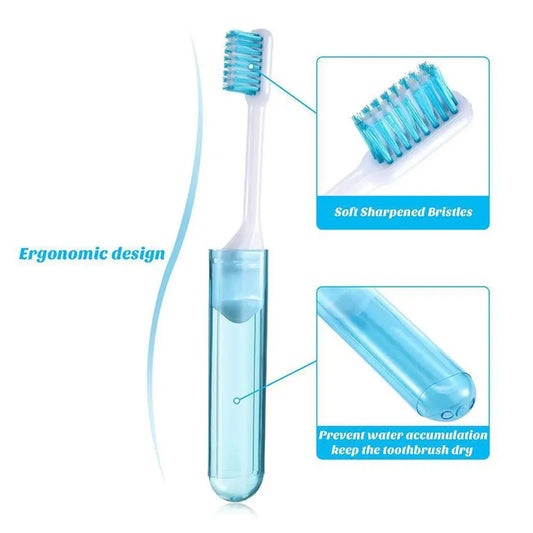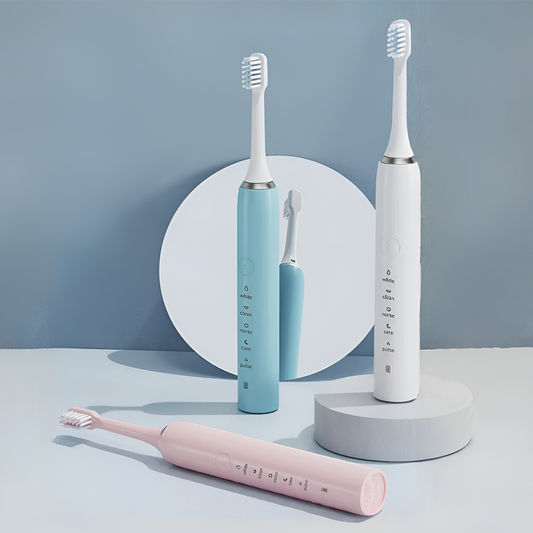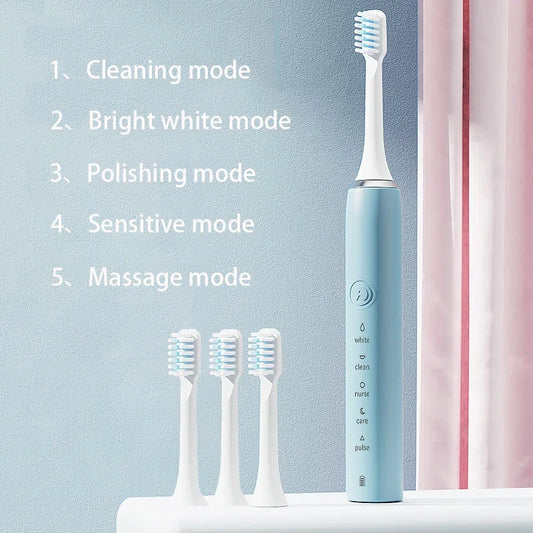A toothbrush is one of the most important tools in your dental hygiene arsenal. But have you ever stopped to consider how well you're taking care of it?
Keeping your toothbrush clean is crucial for maintaining good oral health and preventing the spread of bacteria.
Here are some tips on how to properly care for and clean your toothbrush:
1. Rinse after Every Use:
After brushing your teeth, thoroughly rinse your toothbrush under running water to remove any toothpaste, debris, and saliva. This helps to prevent the buildup of bacteria on the bristles.
2. Store Properly:
Store your toothbrush in an upright position, allowing it to air dry. Avoid covering it or storing it in a closed container, as this can create a moist environment where bacteria can thrive.
3. Replace Regularly:
It's important to replace your toothbrush every three to four months, or sooner if the bristles become frayed or worn. Over time, bristles can become less effective at cleaning your teeth, and old toothbrushes can harbor bacteria.
4. Avoid Sharing:
Avoid sharing your toothbrush with others, as this can lead to the transfer of bacteria and potentially harmful pathogens. Each person should have their own toothbrush to maintain proper oral hygiene.
5. Cleanse Occasionally:
Periodically, you can give your toothbrush a more thorough cleaning to remove any lingering bacteria. You can do this by soaking the toothbrush head in an antibacterial mouthwash for a few minutes or by placing it in boiling water for a few seconds. Be sure to rinse the toothbrush thoroughly afterward.
6. Be Mindful of Contamination:
Keep your toothbrush away from the toilet and sink to prevent contamination from airborne particles. Additionally, if you've been sick, it's a good idea to replace your toothbrush to avoid reinfecting yourself.
7. Consider Alternative Storage:
If multiple toothbrushes are stored close together, make sure they don't touch to prevent cross-contamination. Using individual toothbrush holders or keeping brushes separated can help maintain hygiene.
8. Use a Toothbrush Cover Wisely:
While it may seem like a good idea to cover your toothbrush to protect it from airborne particles, covering it can actually trap moisture and promote bacterial growth. If you do use a cover, make sure it has ventilation holes and allow the toothbrush to dry completely before covering it.
By following these simple tips, you can ensure that your toothbrush remains clean and effective at keeping your teeth and gums healthy. Proper care and cleaning of your toothbrush are essential for maintaining good oral hygiene and overall health.
